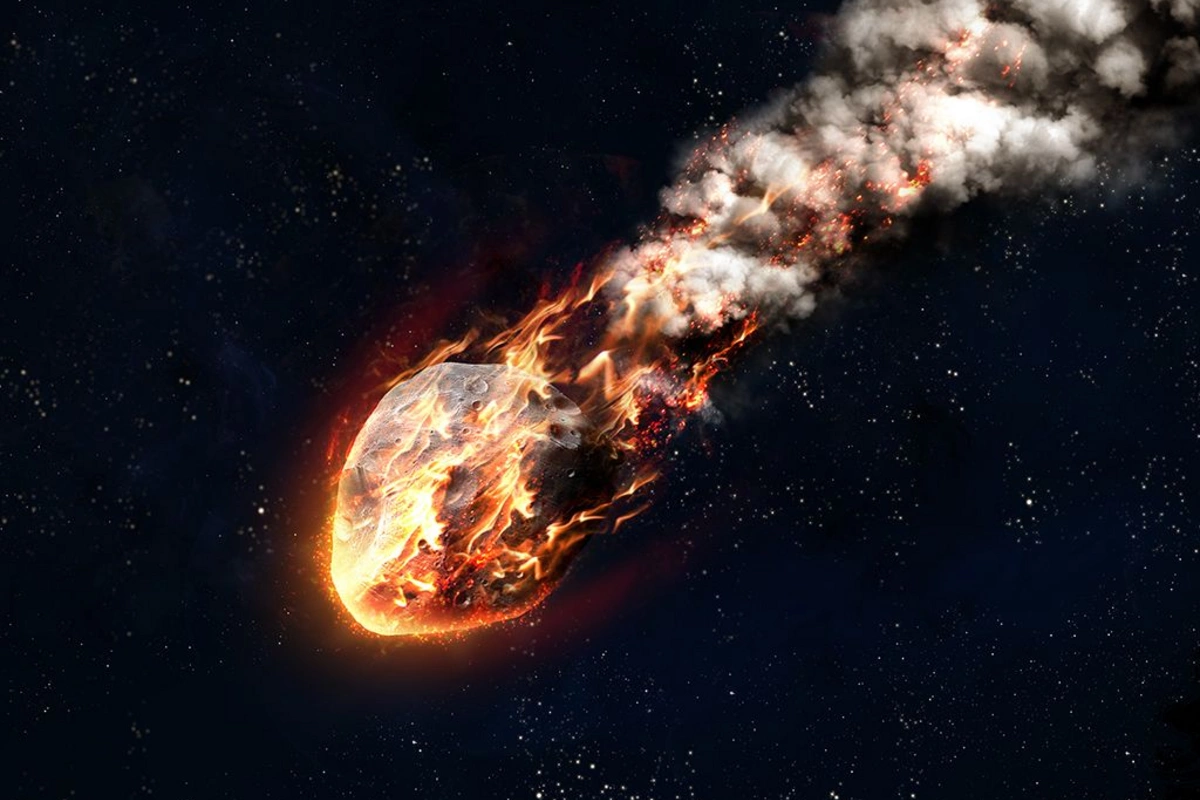Scientists solved a 30-year mystery of meteorites

Researchers from Kobe University have discovered why carbon-containing meteorites appear to have undergone milder impacts than their carbon-free counterparts. It turns out that traces of high-speed collisions were simply carried away into space - thanks to hot gases formed during impact. This not only explains a mystery that has puzzled scientists for over 30 years but also opens up prospects for a future mission to study the dwarf planet Ceres. The work is published in the journal Nature Communications (NatCom).
Astrobiologists and planetologists have long noticed that carbon-containing meteorites show fewer signs of shock metamorphism - changes in matter under extreme pressure during collisions. This looked as if these meteorites were moving more slowly, although there was no scientific basis for such a hypothesis.
Physicist Kosuke Kurosawa became interested in this phenomenon. He used a two-stage light-gas gun to model meteorite collisions and collect gases formed during impacts, excluding interference from the equipment itself. Experiments showed that upon impact in samples simulating carbonaceous meteorites, chemical reactions occur with the formation of hot carbon monoxide and carbon dioxide gases.
The explosion caused by gases can literally eject severely damaged meteorite material into space. This explains why carbonaceous meteorites appear less damaged: their scars disappear along with the ejected rock. At the same time, meteorites without carbon do not undergo such reactions, and traces of collisions remain on their surface.
However, on large celestial bodies like Ceres, gravity may be strong enough to return the ejected material back to the surface.
"We believe that the surface of Ceres may be covered with traces of ancient powerful impacts," added Kurosawa. "This makes it an excellent target for the next space mission."
Similar News
When should you drink your last cup of coffee?
Coffee for many is an essential part of the day: it invigorates, improves concentration, and even enhances mood. But if you drink it too late, you can forget ab...




 Azərbaycanca
Azərbaycanca  По-русски
По-русски  English
English 






